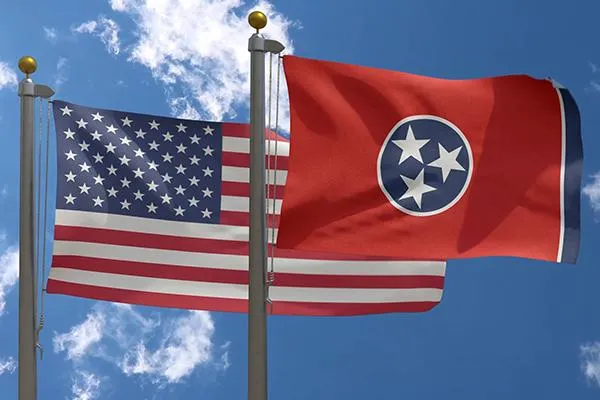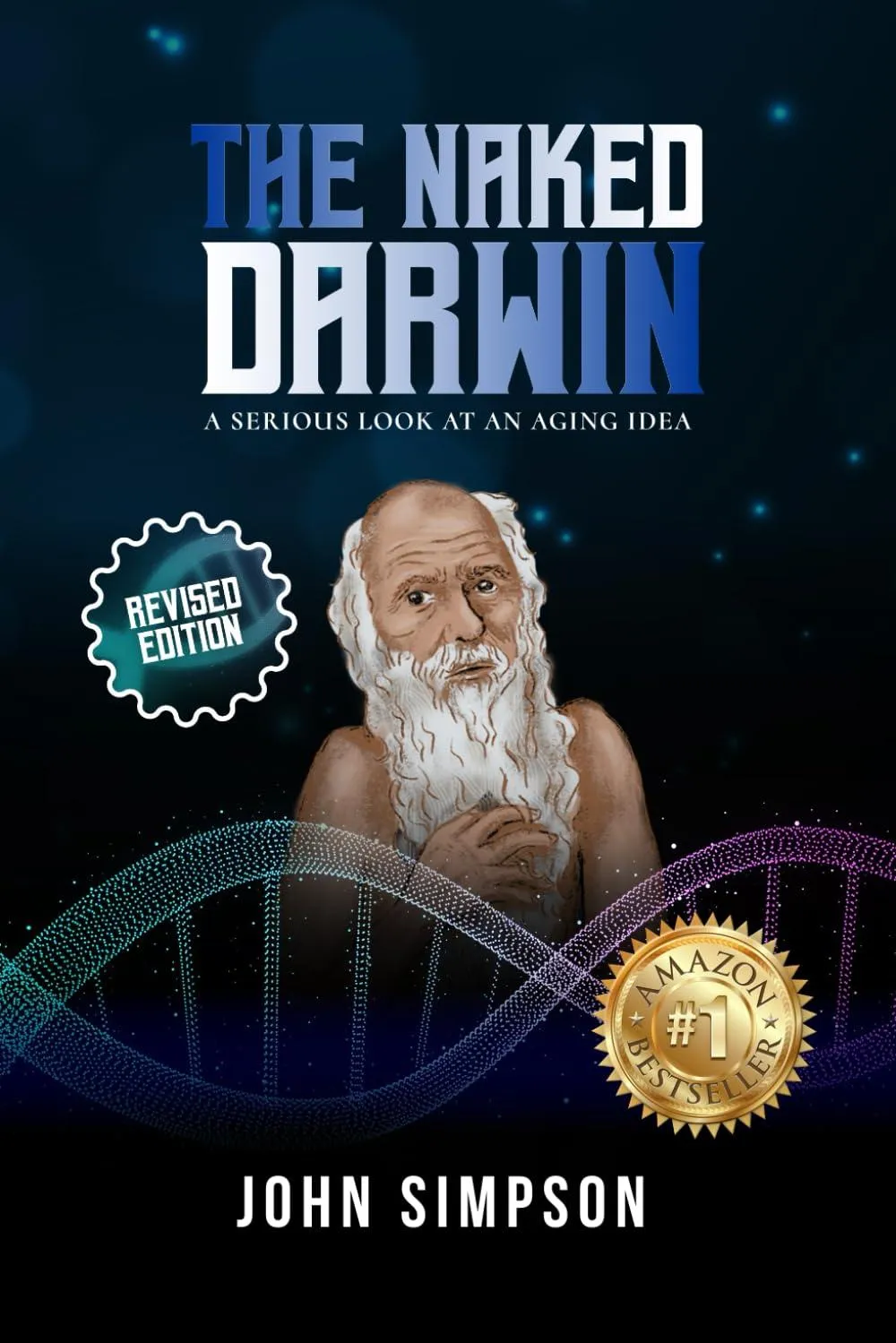
A Trial Worth Learning About - Part 1
What you know about the Scopes trial "ain't necessarily so"
Summer is fast approaching and so is a noteworthy anniversary, especially for those of us in the USA. This July will mark the 100th anniversary of a momentous trial in the little town of Dayton, Tennessee. From July 10-21 John Scopes was on trial for teaching evolution in the public school there. At the trial social, religious, and political forces converged and brought two titans to a face-off, William Jennings Bryan three-time nominee for the presidency, would aid the prosecution and Clarence Darrow, the most famous trial lawyer of his day, would aid the defense. One man a famous Christian, and one man a famous atheist.
Though the accused, John Scopes, was on trial for violating a Tennessee law forbidding the teaching of evolution in the public schools, also on trial were the rights of the majority vs. the right of free speech. John Scopes would be found guilty, but there was a larger story from the trial that overshadowed the verdict on him. This part of the trail would go on to have a special life of its own thanks to a play Inherit the Wind, for during the trial Darrow called on Bryan to be a special witness for the claims of the Bible.
But before we get to that, here is what Americans knows about the famous “Monkey Trial”. The following is from my book The Naked Darwin. “Angry Christian citizens removed a biology teacher from the classroom and got him thrown in jail when they learned that he was teaching their children Darwin’s theory of evolution. These Christians are in lynch-mob mode and are the most ignorant, mean, bigoted lot you can imagine. The national figure they welcome to their community to help prosecute the hapless schoolteacher is a man whose low character matches their own. He is a pompous windbag, nasty, duplicitous, and lest any character flaw be lacking, a glutton. The Christians in the town are so angry and violent that the teacher’s life is in jeopardy while awaiting trial. But the problem with these facts is that they are not facts at all. None of the preceding is true. But this is what many believe to be true because they have learned about the Scopes trial, not from history, but from the play Inherit the Wind, or from the film versions of the play. The most famous one stars Spencer Tracy and Frederic March.”
The following is also from The Naked Darwin and is meant to correct the record of how things got started in the summer of 1925. “In the 1920’s the ACLU was busy protecting the individual’s right of free speech from government policies and majority rule. When the state of Tennessee passed a law prohibiting the teaching of evolution in the public schools, they saw a threat to individual free-speech rights. They wanted a test case and ran ads offering their aid to anyone willing to challenge the law. A transplanted lawyer living in Dayton, George Rappleyea, was looking for a way to get little Dayton, Tennessee publicity. He disliked the law, read the ACLU’s ad, and according to the best sources headed to Fred Robinson’s drugstore. Robinson’s store, equipped with a soda fountain, was a local meeting place: he also chaired the Rhea County school board. Robinson and Walter White, a former Republican state senator listened to Rappleyea’s idea for getting their little town on the map. Both were soon onboard. Rappleyea let them know he had connections in New York and the ACLU. Add to this drugstore gang Dayton’s city attorneys, Herbert E. Hicks and Mr. Sue K. Hicks. They said they were willing to prosecute. What was needed now was a teacher to prosecute. They next solicited John T. Scopes, a general science teacher and part-time football coach, who had filled in for the regular biology teacher at the end of the school year. Having filled in for the regular biology teacher, he could admit to breaking the law. The group asked Scopes to be part of a test case. Scopes said he was willing. Mr. Hicks said he was willing to prosecute. Rappleyea called a justice of the peace who swore out a warrant. Scopes left to play tennis, and Rappleyea called the ACLU. So much for the angry mob removing a teacher from the classroom! The group that was eager to get publicity for Dayton was about to succeed beyond their wildest dreams.”
In this first part 1, I want to start clearing away misconceptions that are so prevalent about what went on in Dayton due to the popularity of the play. The distortions just begin there. Tune in because there is more to come. This trial truly was a major event in the 1920’s, and would do much to set the trajectory of the debate over Darwin and evolution in the years to come in America.
If you want to read my chapter on the trial you can order a copy of The Naked Darwin right now. Thanks for reading.


